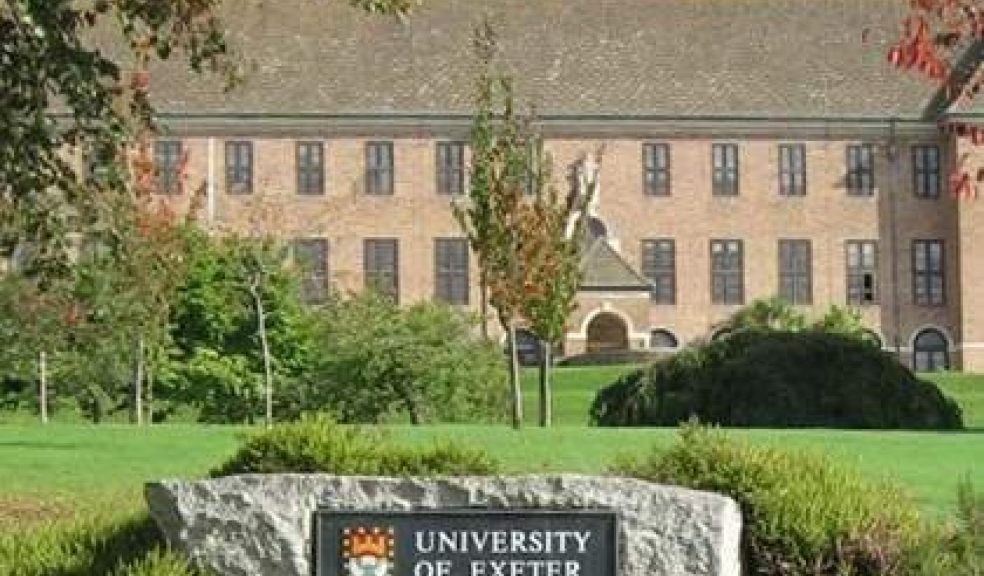
Medical School research ranks in UK top 10
Research at the University of Exeter Medical School has ranked in the UK top ten, for demonstrating world-leading impact on health and wellbeing across the globe.
From internationally-renowned research on diabetes to developing effective new therapies for people with depression, the Medical School’s work has been heralded as having an impact in the South West and worldwide.
In the Research Excellence Framework (REF), the only comprehensive UK-wide review of research quality since 2008, Exeter’s Clinical Medicine research was ranked 3rd in the country, based on research outputs that were rated world-leading. Public Health research also ranked in the top ten, in joint 9th for research outputs rated world-leading or internationally excellent.
The REF also ranked for impact - and all of the Medical School’s research was ranked in the highest categories of world-leading and internationally excellent. This demonstrates that the cutting-edge work makes a tangible contribution, from advancing knowledge on disease to delivering better treatment.
In one case, Mary Lee, from Essex, had been injecting herself with insulin for 28 years when a correct genetic diagnosis from experts at Exeter meant she could switch to using a pill. She said: “It was wonderful, I couldn’t believe it. I refer to the genetic test as the best blood test I ever had, the one that was to free me from the restraints of insulin injections.”
Professor Janice Kay, Provost, University of Exeter, said: “This is a fantastic set of results which rightly reflects our Medical School’s position as global innovators. Right in the heart of the South West, our research has led to positive changes across the world. Because of our work, Alzheimer’s drugs are now more widely available, and people with diabetes are more likely to get the right treatment for them. These are major contributions to some of the greatest health challenges of the modern age.”
In a separate project, the Medical School national guidelines on what action to take at suicide hotspots, which led to a reduction in the number of police call-outs, indicating that lives may have been saved.
Thanks to research at Exeter, malaria can now be swiftly and cheaply diagnosed using a sensor which is suitable for remote regions.
Our work also revealed that exposure a commonly-used chemical in plastics is linked to an increased risk of heart disease, leading to a reduction in its use in everyday products world-wide.
We now know more about can benefit people with mental health issues, and University researchers developed programmes to increase exercise levels for people with depression.
Exeter’s research has even helped athletes train, thanks to the discovery that beetroot juice can enhance performance.
Professor Steve Thornton, Dean of the University of Exeter Medical School, said: “These case studies tell a story of research excellence that has direct benefits on people’s lives. In everything from discovering new causes of disease to ensuring people get the right treatment, in the right place, at the right time, we have demonstrated that we are making a significant contribution, both here in the South West and across the world.”



















